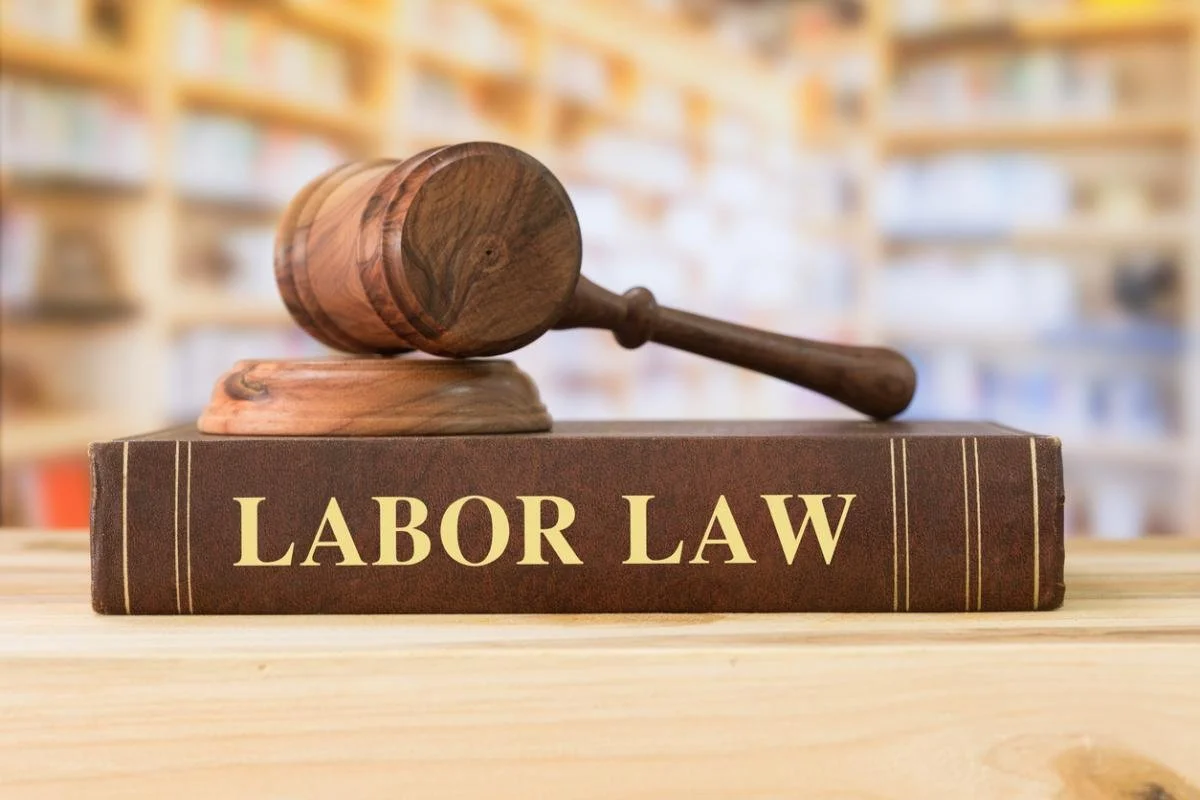Supreme Court on Groff v. DeJoy: Clarifying Religious Accommodation Requirements for Employers
/Groff v. DeJoy clarified legal requirements employers must meet for employees seeking religious accommodations at work (referencing the Civil Rights Act of 1964, Title VII). Before the U.S. Supreme Court's landmark decision in this case, the "de minimis" standard was accepted. However, the Supreme Court's decision redefined the standard for religious accommodations in the workplace, moving beyond the previous standard and emphasizing that employers must demonstrate that accommodating an employee's religious observance would substantially increase costs relative to their business operations.
Case: Groff v. Dejoy
Court: U.S. Supreme Court
Case No.: 22–174
The Plaintiff: Gerald E. Groff v. Louis DeJoy
Gerald Groff, an evangelical Christian and former postal worker in Pennsylvania sought exemption from Sunday work to observe his Sabbath. Initially, the U.S. Postal Service (USPS) accommodated his request. However, as operational demands increased, Groff was scheduled for Sunday shifts. However, Groff refused to work the assigned Sunday shifts (due to religious reasons), and his refusal to work Sunday shifts led to disciplinary actions that prompted him to resign from his position and file a labor law lawsuit alleging his employer violated Title VII.
The Defendant: Gerald E. Groff v. Louis DeJoy
The USPS was represented by Louis DeJoy, Postmaster General, in the lawsuit. USPS argued that to exempt Groff from Sunday shifts posted an undue hardship that required them to reassign his duties to other workers, and claimed the situation would result in potential disruptions to mail delivery.
The Case: Gerald E. Groff v. Louis DeJoy
The court ruled for Groff - unanimously. The court clarified the "undue hardship" standard under Title VII as requiring employers to show that providing requested accommodations for an employee's religious practices would significantly increase costs relative to overall operations costs. The clarification moved away from the previous interpretation that allowed employers to deny accommodations based on a minimal burden.
Can Employees Obtain Religious Accommodations at Work?
Employees are empowered to seek accommodations for their religious practices, with the assurance that their requests cannot be dismissed based on minimal inconvenience to the employer. Employers must carefully consider requests for religious accommodations and make sure that any accommodations request denial is based on evidence showing fulfilling the request would cause a significant increase in costs or a significant disruption of day-to-day operations.
If you need to discuss filing a wage and hour complaint, contact Blumenthal Nordrehaug Bhowmik DeBlouw LLP. Experienced and knowledgeable employment law attorneys are ready to assist you at one of their various law firm offices in Riverside, San Francisco, Sacramento, San Diego, Los Angeles, and Chicago.




